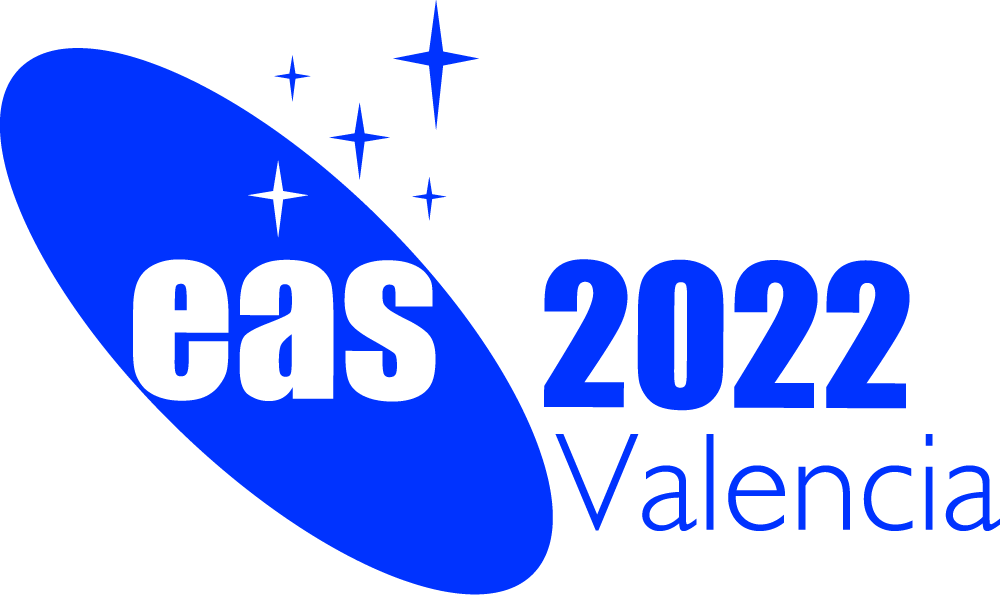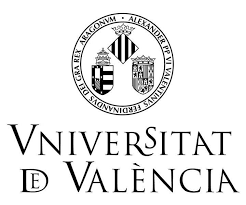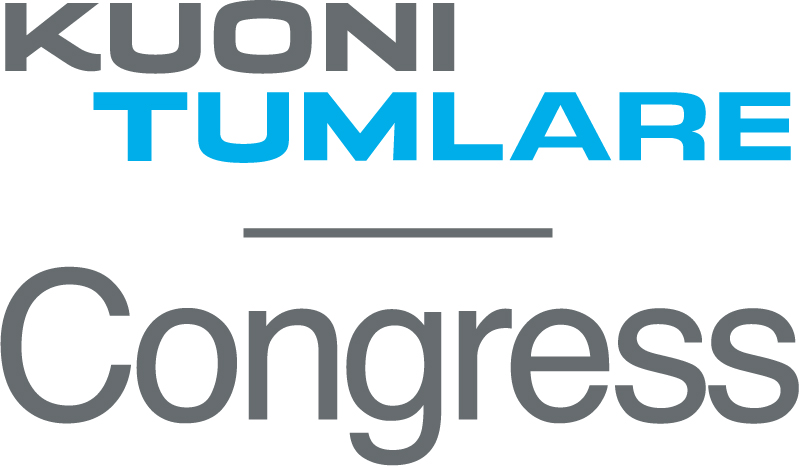
|
Symposium S7
30 June - 1 July 2022
Building bridges: The lifecycle of dust and gas in the Milky Way with ALMA and SKANews: This Symposium has been partially funding by Program PROMETEO/2020/080 of the Generalitat Valenciana Aims and scope
Our Galaxy and its immediate neighborhood are the only regions where we can undertake detailed studies of the physics driving the formation and evolution of astrophysical objects throughout the entire life cycle of the interstellar medium (ISM). The Atacama Large Millimeter/submillimeter Array (ALMA) is playing a groundbreaking and fundamental role in the study of a broad range of environments and phenomena due to its unprecedented spatial resolution and sensitivity at (sub-)millimeter wavelengths. At the same time, the Square Kilometre Array (SKA) is now under construction, and it will provide a unique perspective on our Galaxy, complementary to that of ALMA. The frequency coverage, from 50 MHz to 15 GHz initially, with the prospect of an increase to around 25 GHz, will allow the study of different mechanisms associated with thermal and non-thermal emission from warm and cold gas and dust around young stellar, substellar objects, and evolved stars. In particular, it will enable studies of, on one hand, the cold gas in the dense molecular environments where star formation takes place, and on the other hand, the grain growth at pebble scales in planet forming disks. SKA precursor experiments are already providing a starting point.
Programme
1) Accretion and fragmentation: disks, filaments, streamers.
The interplay of accretion and fragmentation shapes most astrophysical phenomena, from galactic scales (formation and fragmentation of molecular clouds, omnipresence of filaments) down to stellar scales (accreting filaments and streamers, formation of protoplanetary disks). Magnetic fields dominate large-scale dynamics and must be dissipated to allow for cloud/core contraction; they play a fundamental role in establishing protostellar disk sizes, and fragmentation levels in cores, as well as in shaping stellar winds in later evolutionary stages.
Invited speakers
Scientific organisers Katharina Immer (co-chair), Jan Forbrich (co-chair); Felipe Alves, Miroslav Barta, Olga Bayandina, Alice Booth, Abhijeet Borkar, Tyler Bourke, Gemma Busquet, Ana Karla Diaz Rodriguez, Josep Girart, Adriano Ingallinera, Silvia Leurini, Ana Lopez Sepulcre, Ivan Marti Vidal, Kazi Rygl, Alvaro Sanchez Monge, Daniel Tafoya Contact immer @ strw.leidenuniv.nl, j.forbrich @ herts.ac.uk Updated on Mon Oct 16 13:39:22 CEST 2023
|
|||||||||||
|
European Astronomical Society |
||||||||||||
 A power cut will shut down all EAS services on Tuesday, 10 January 2017 starting at 7:30 CET.
A power cut will shut down all EAS services on Tuesday, 10 January 2017 starting at 7:30 CET.


